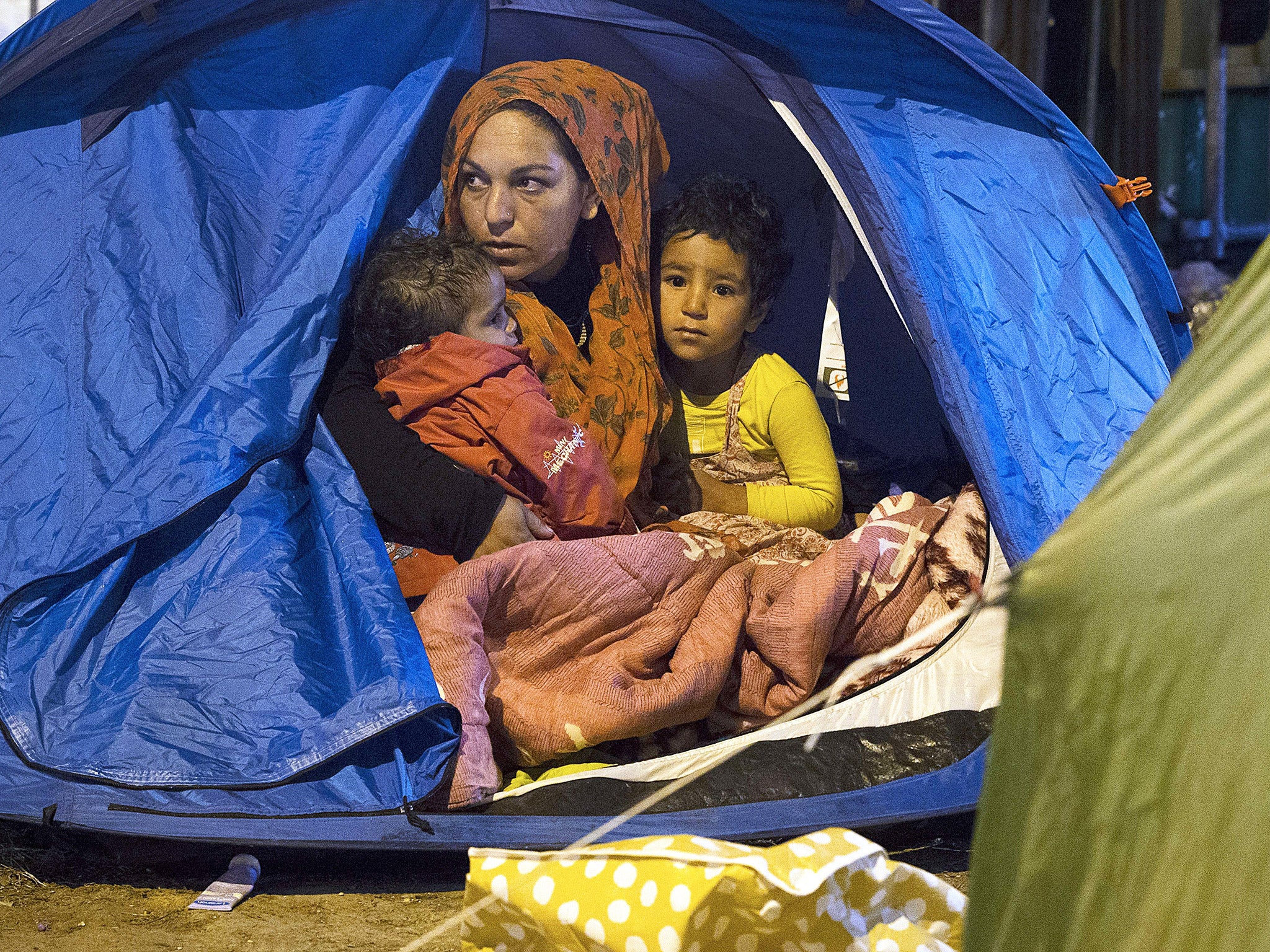Refugee crisis: Minister tasked with resettling 20,000 Syrian refugees dismisses criticism of scheme
Richard Harrington claims suggestion that the UK could take 75,000 was a number picked 'completely out of the air'

The minister tasked with resettling 20,000 Syrian refugees in the UK has dismissed criticism from senior judges and lawyers that the scheme is inadequate.
Richard Harrington claimed a suggestion by one retired judge that the UK could take as many as 75,000 refugees was a number picked “completely out of the air”.
In a rare critique of Government policy, 300 senior legal figures wrote an open letter this week calling for an “urgent, humane and effective” response to the refugee crisis gripping the Middle East and Europe. One retired judge, Catriona Jarvis compared the current situation to the Balkan conflict during which, she said, Britain had “managed well” with 75,000 refugees.
Mr Harrington, who was appointed by the Prime Minister last month to coordinate Britain’s work with people fleeing conflict in Syria, told MPs on the Home Affairs Select Committee the criticisms had been “selective”
“They are implying that all this country is doing for Syrian refugees is taking 20,000 people. In fact, it’s part of a huge humanitarian programme,” he said, highlighting £1.1bn in aid given to support refugees in Syria and neighbouring countries since 2012.
However, he declined to tell the Committee how many refugees had been settled in the UK under the new scheme so far. The Government has committed to take 20,000 refugees by 2020.
Committee chair Keith Vaz said that the failure to publicise figures was “unsatisfactory” given the level of public concern about the refugee crisis.
“I understand your reluctance to tell us figures at the moment because they’re probably very low,” he said. “…In every other exercise of this kind, figures were given on a regular basis and that enabled people to understand the Government is doing something about it.”
Join our commenting forum
Join thought-provoking conversations, follow other Independent readers and see their replies
Comments